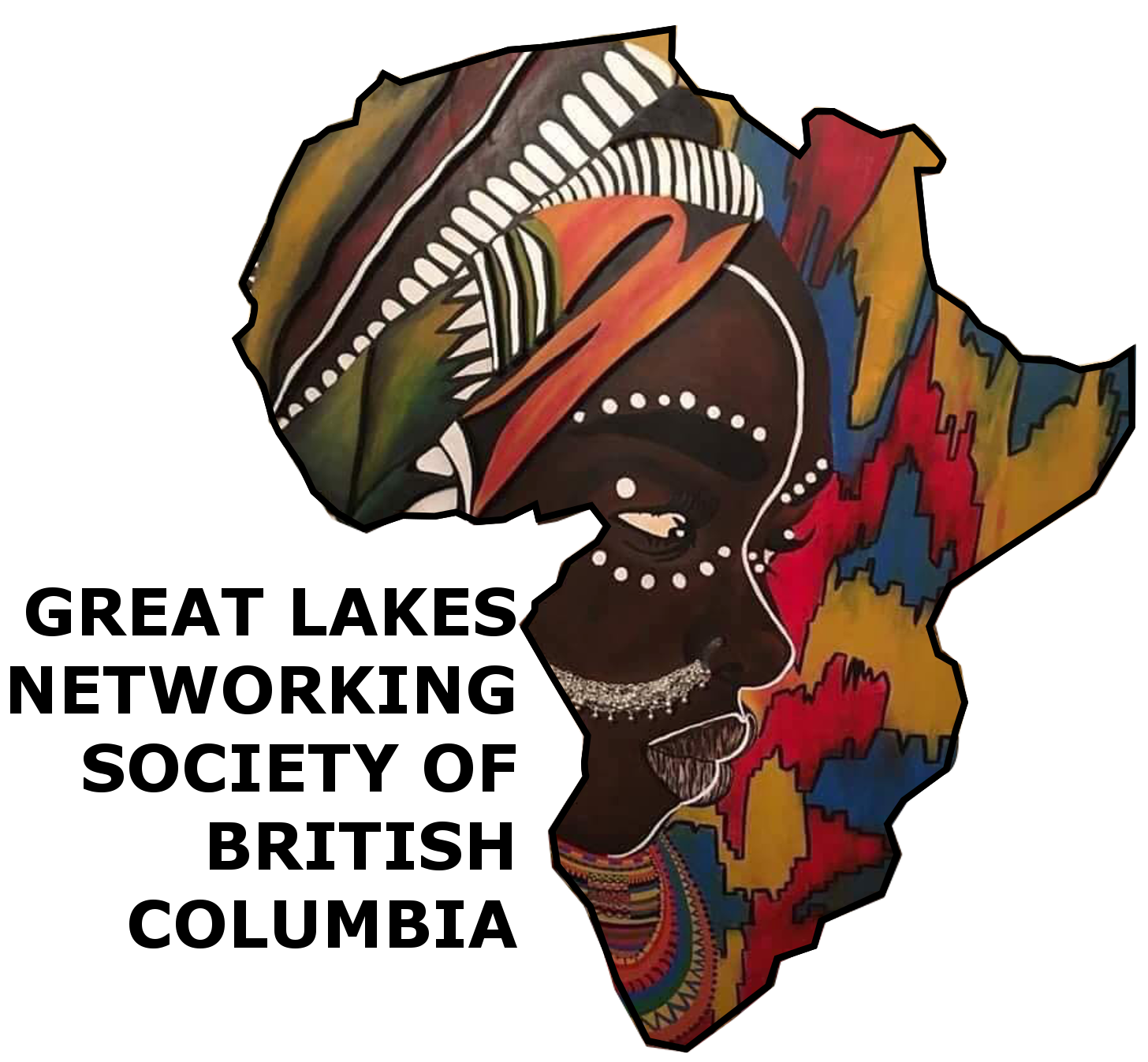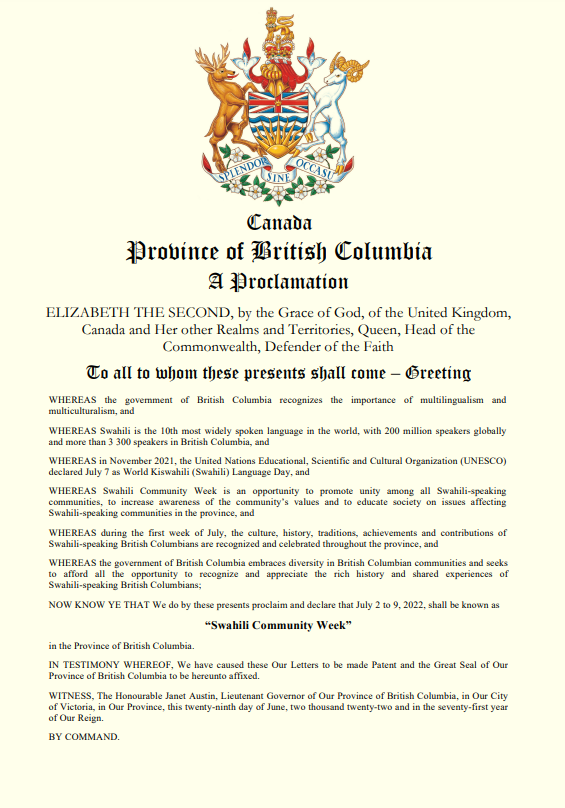SWAHILI COMMUNITY AND LANGUAGE
Swahili culture is the culture of the Swahili people inhabiting the Swahili coast. They speak Swahili as their native language, which belongs to the Bantu branch of the Niger-Congo family. Swahili culture is the product of the history of the coastal part of the African Great Lakes Region.
SWAH-EASY!
Swahili is really easy. Probably the easiest non-related to English language you can learn. So if you want to expand your language knowledge outside of the easier Romance and Germanic languages, it’s a good choice. It totally impresses people that you know Swahili because no one else knows how easy it is.
LANGUAGE ORIGIN
Since 2018 GLNS Celebrates Swahili Community Day with all our Swahili speaking neighbours in BC.
Swahili Community Day 2018
Following the Proclamation made by the Province of British Columbia and the city of Vancouver the community gathered together to celebrate this inaugural event at the Jambo Grill, and African Indian Restaurant on Kingsway street in Vancouver.
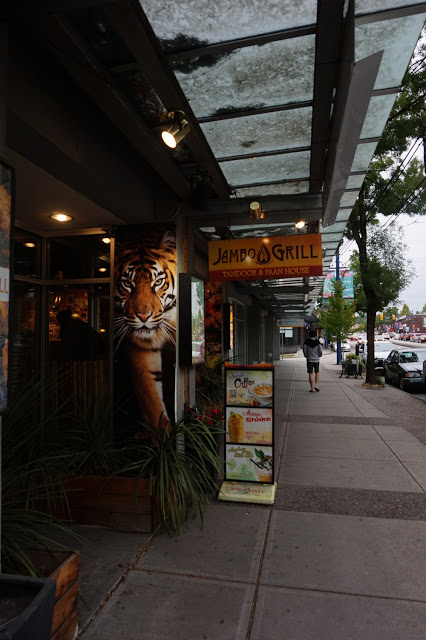
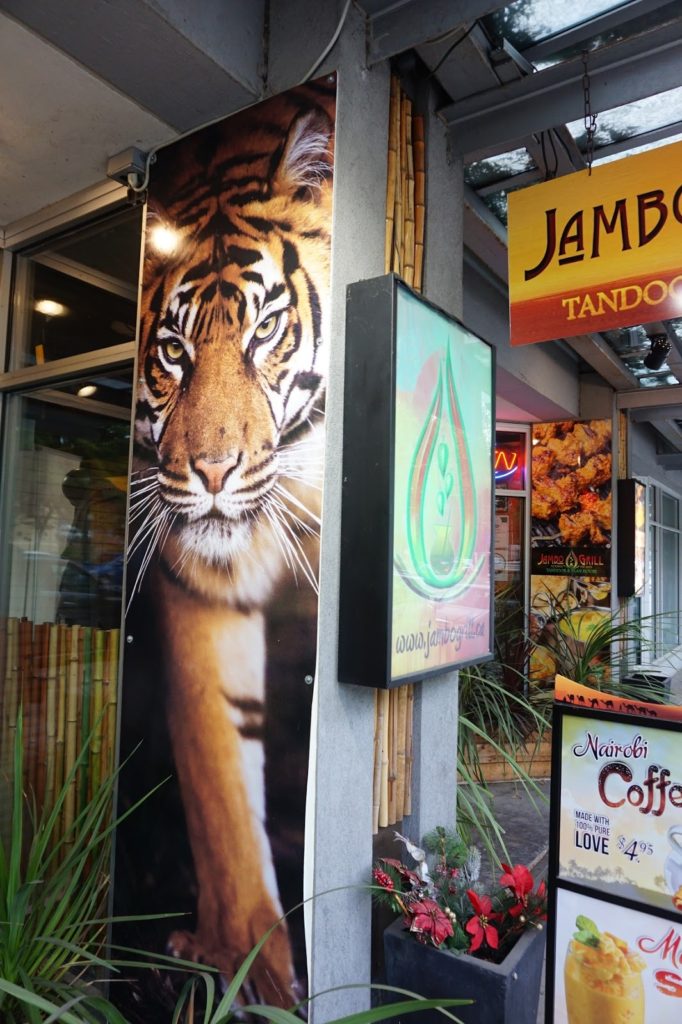
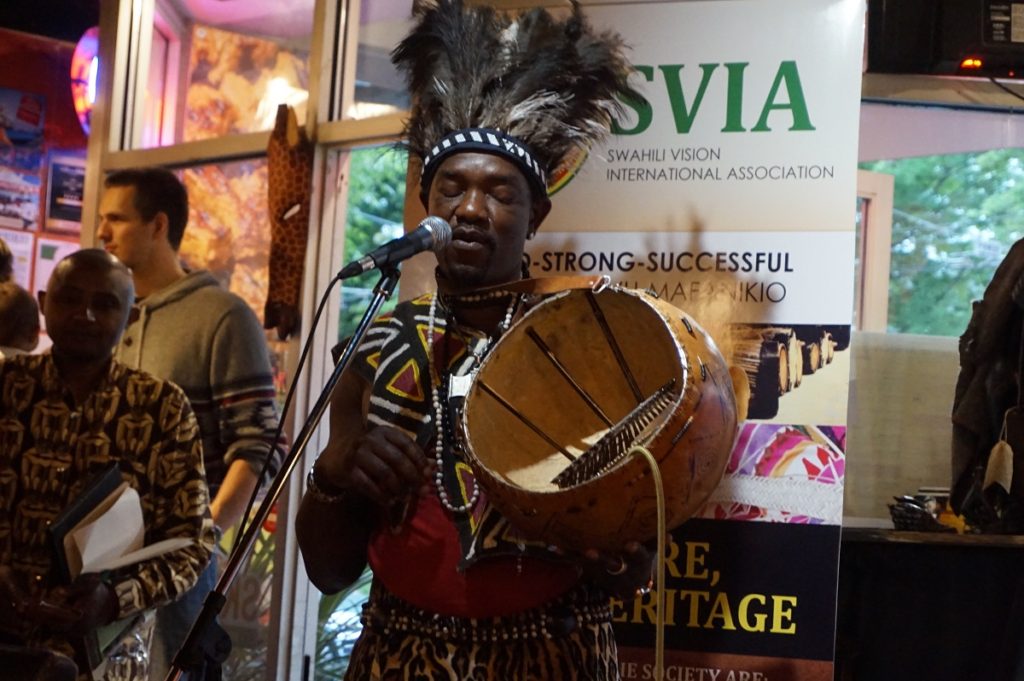
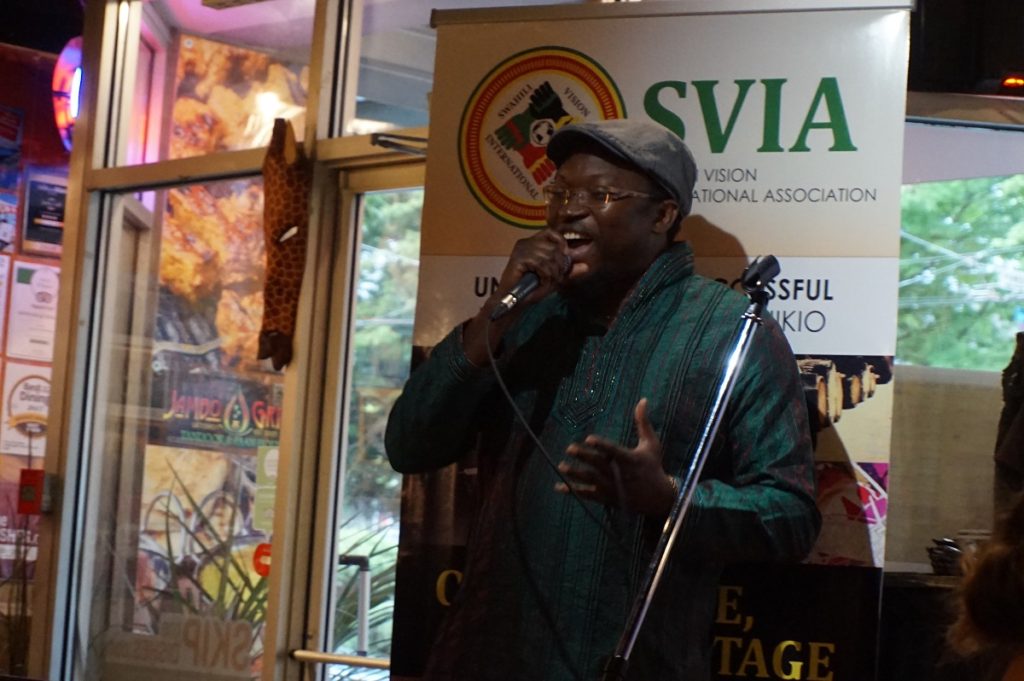
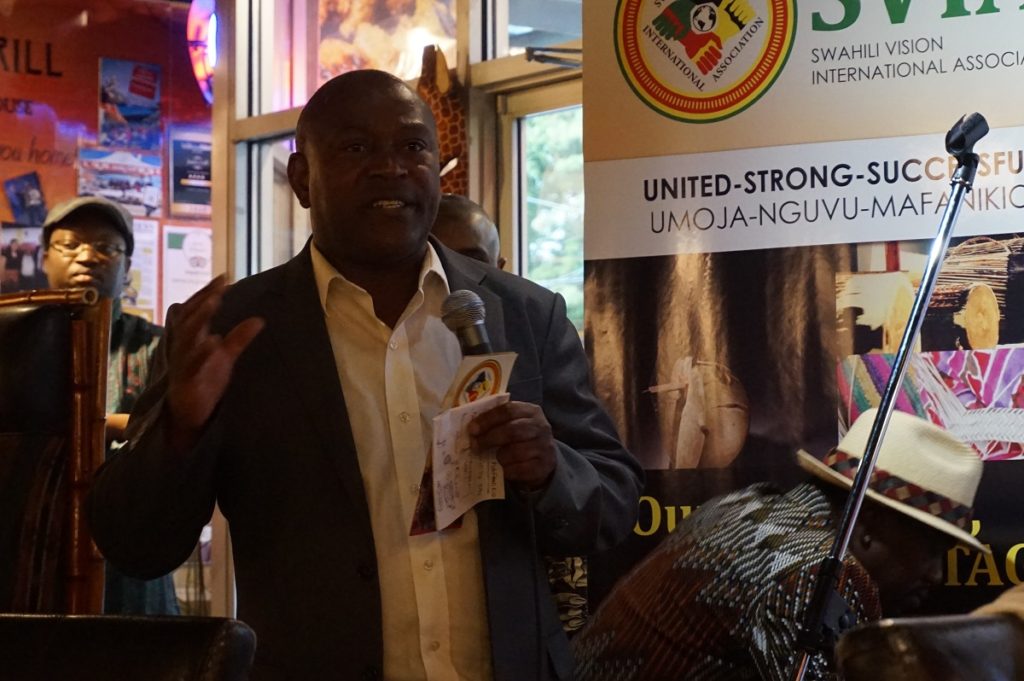
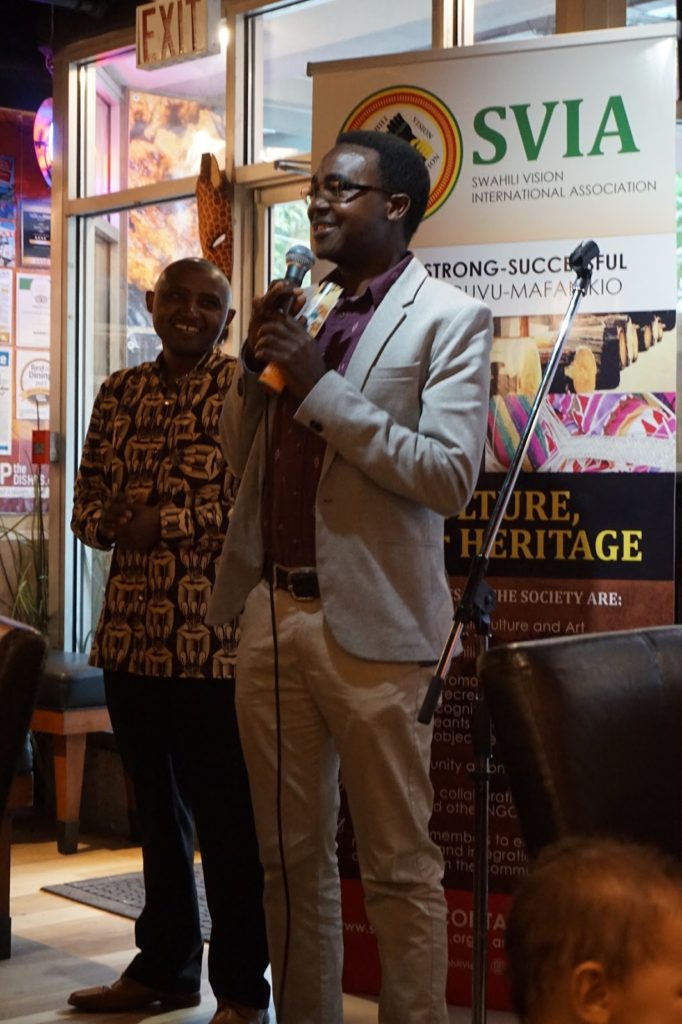
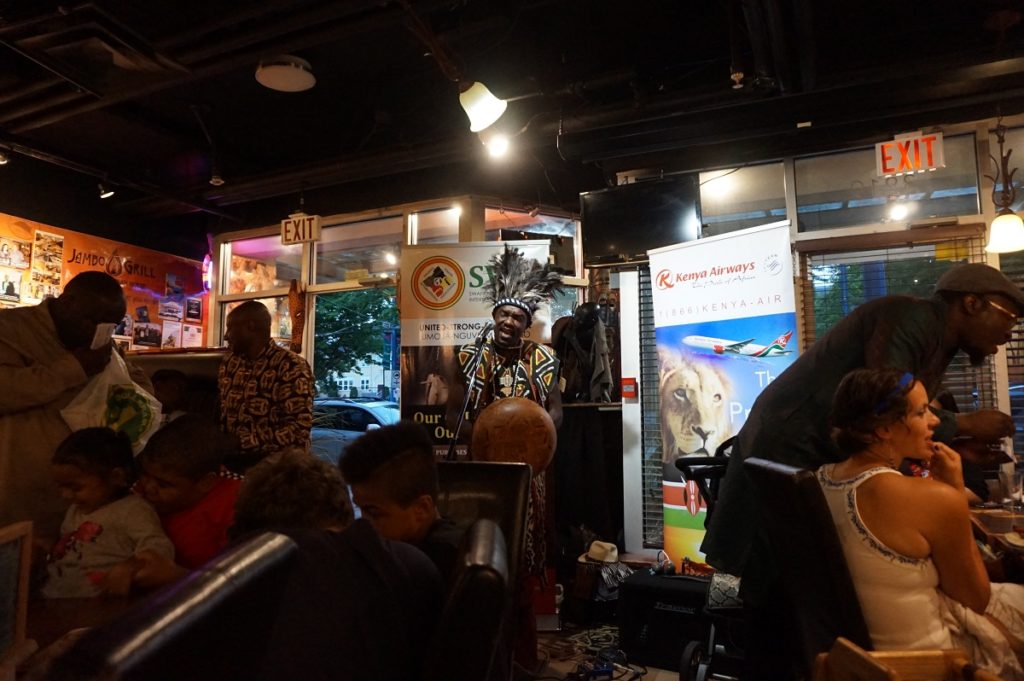
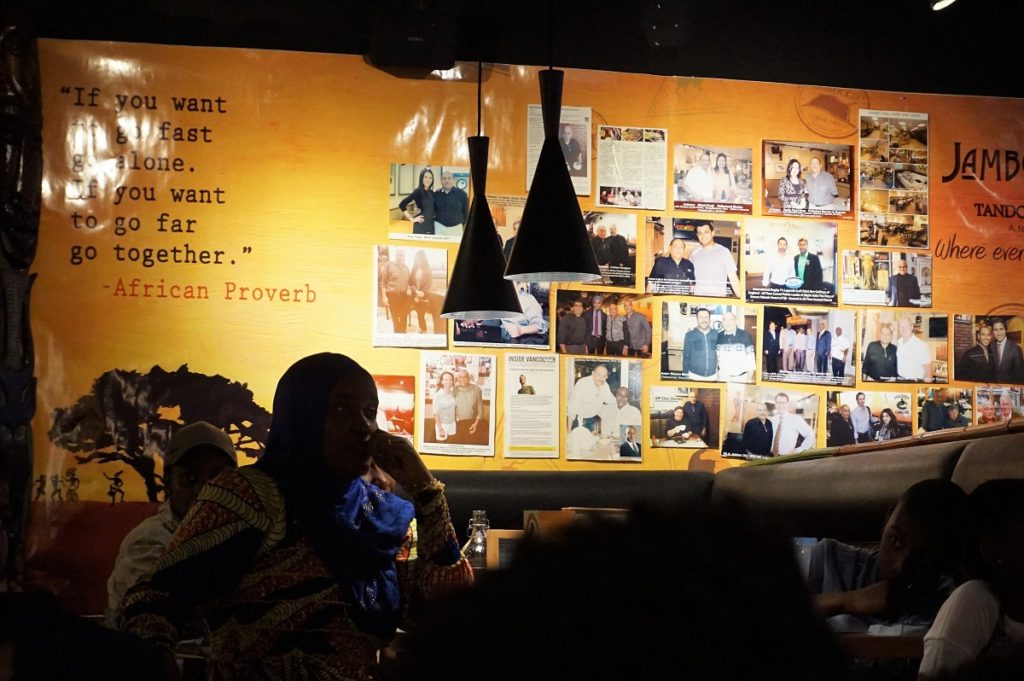
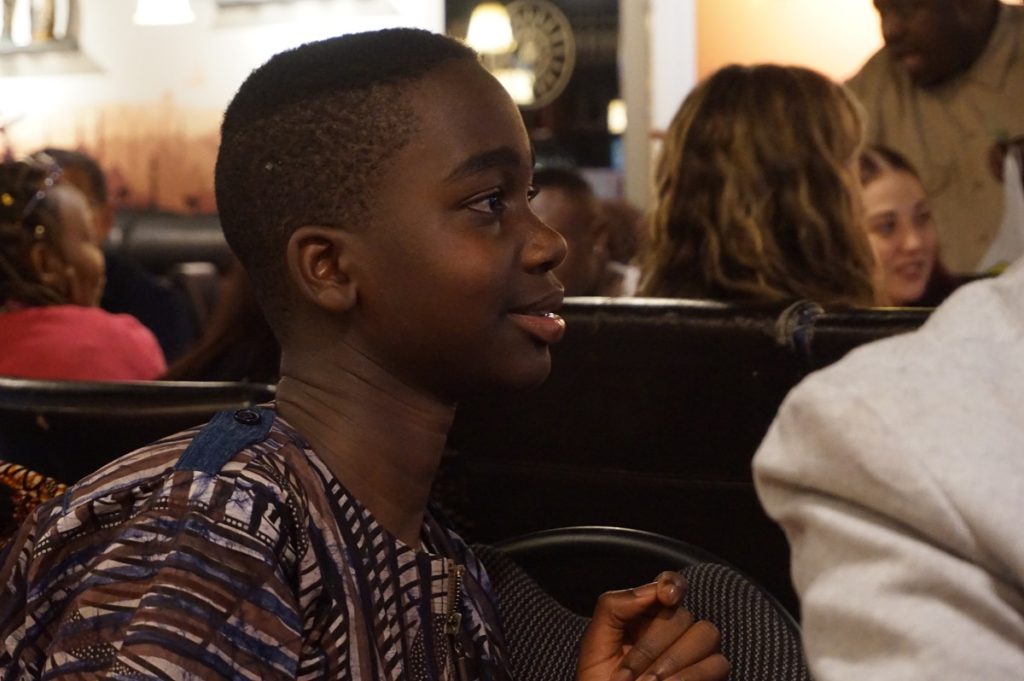
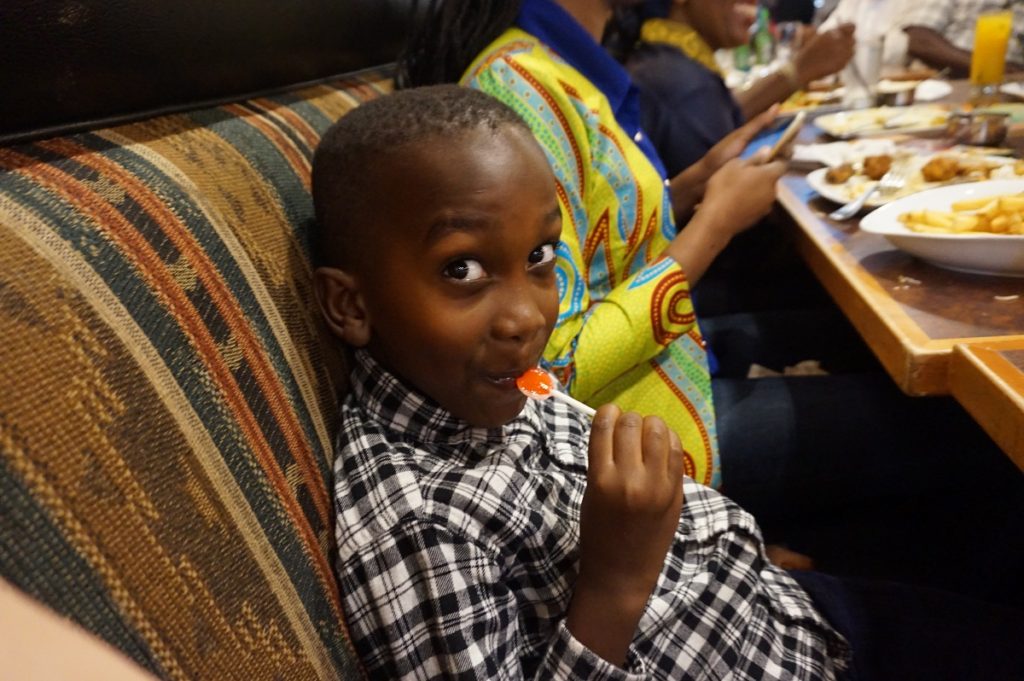
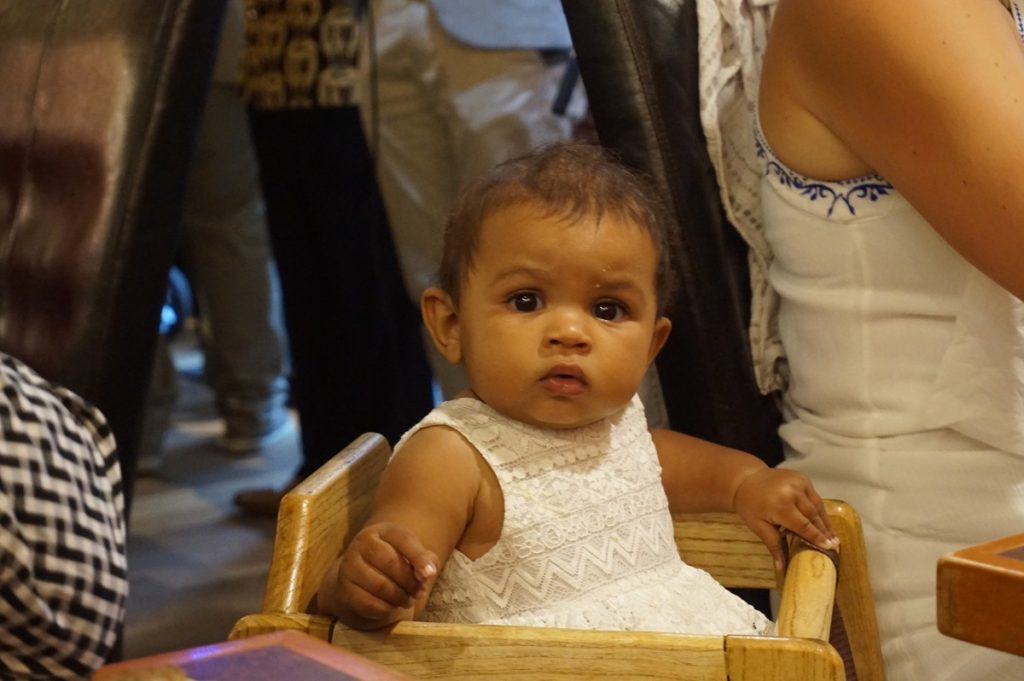
2018 Swahili Community Day Proclamation
Dear Mr. Mayor, on behalf of the Great Lakes Networking Society of BC. Which is a local African organization based in Vancouver’s DTES. I’m writing you this email, to ask that on your agenda, on your notices, budgets, programs, services, activities, events, and even your thoughts be including us the People of African Descent as well. If you have been, yes, we appreciate that, if not why not? The email today is how your office has planned to celebrate the Swahili day today with the rest of the African diaspora and the people of African descent? Some of us people of African descent and the African diaspora have no notice from your office about today. We have been waiting for so long to be included in your agenda, and it seems, you may be doing that without us, you are yet to do that, or and you do not care to want to do that. We would like to know where we stand and or placed as blacks in this city within your office. There will be nothing for us without us.
Vancouver’s Mayor, Gregor Robertson, proclaimed the week of June 22, 2018, as Swahili Community Day. The inaugural celebration event took place on Friday evening at the Jambo Grill, an African Indian Restaurant on Kingsway Street in Vancouver. which we feel should continue being talked about, planned, appreciated, supported, promoted and or encouraged
2020 Swahili Community Day Proclamation
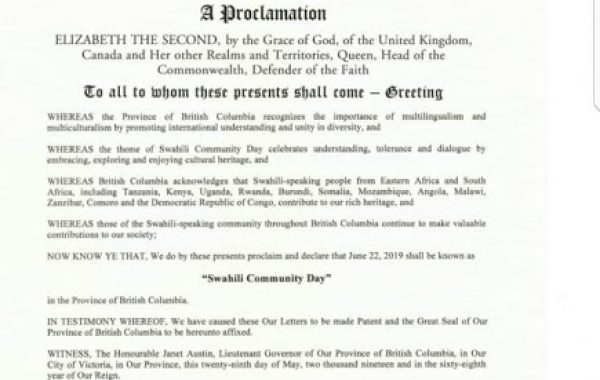
June 17, 2020 From City Manager send this out
Dear members of Vancouver’s Black and African diaspora communities: Over the past weeks, cities across North America, including our own, have been ignited with frustration, pain, and anger at the ongoing hate and violence targeting Black people.
First, I want to acknowledge the historic, painful, and deep impacts that anti-Black racism has had and continues to have on you, your families, and loved ones. I know the impacts are profound – deep, lasting, and compounding. I know that racialized discrimination, threats of violence, and the experience and witnessing of violence create trauma that results in psychological, physical, spiritual, social, and economic harm, and reduces life chances.
In December 2018, I sent out a statement to City staff, expressing my support for our Black staff and denouncing anti-Black racism i
recognition of the important and active discussions arising from
experiences of Black youth in our community. I did not at that time
write a letter to the community. Big question to us, when is it
important and when is it not important to act ??????????
Today, I am writing this open letter to express my commitment to you, as the head of Vancouver’s civic administration, to clearly and publicly acknowledge that we stand as allies with Vancouver’s Black communities, acknowledge that anti-Black racism is a part of Vancouver’s past and current context, and recognize that as local government have a moral and civic duty to take action against it. I know you have been waiting for the City to say something more than the statements we have issued in recent weeks denouncing anti-Black racism and
recognizing the protests in Vancouver. Thank you for your patience – I wanted to be sure we had mapped out some meaningful next steps before reaching out to you.
As an immediate next step – and in recognition of the urgent need to formally start our public discussion on anti-Black racism – the City will host a virtual Town Hall for the Black and African diaspora
communities, hosted by myself and Sandra Singh, the General Manager of Arts, Culture, and Community Services. Staff are working to secure a date at the end of June and are seeking to engage community facilitation to support the dialogue. I hope you will join me so that I can hear directly from you about your experiences, frustrations, hopes, and suggested actions. From this, we will move forward, ideally in partnership with the community and other public partners. This is where your programming, planning etc. should be including us.
